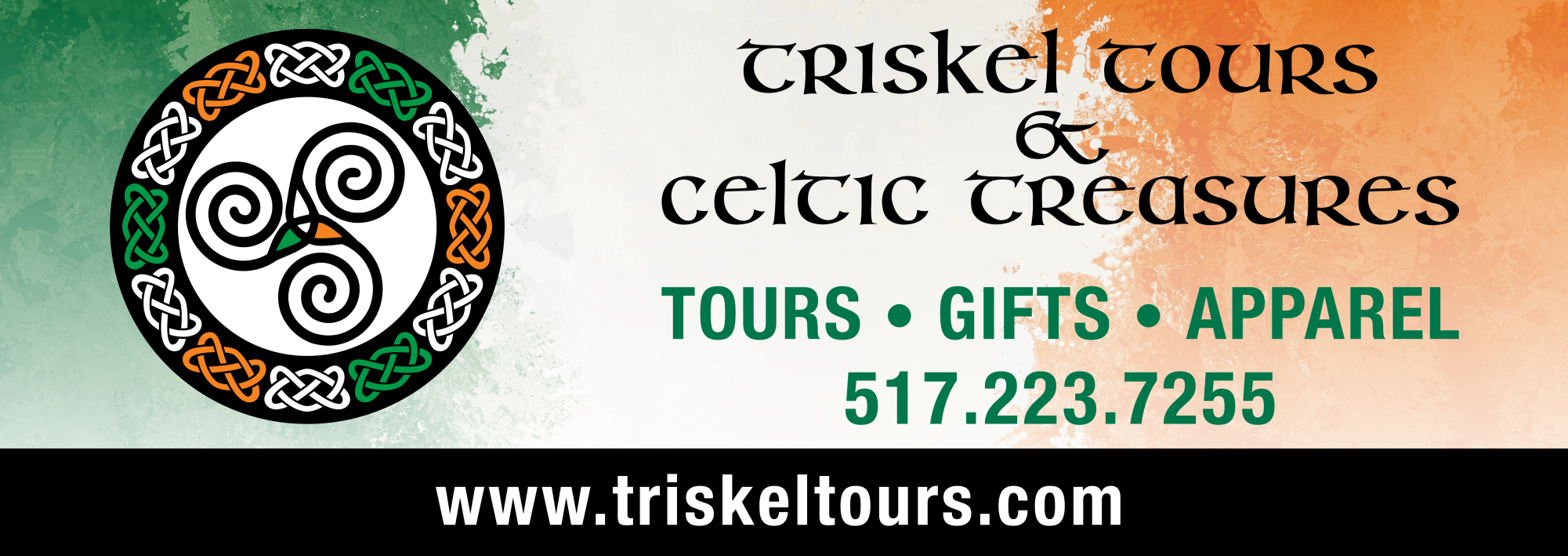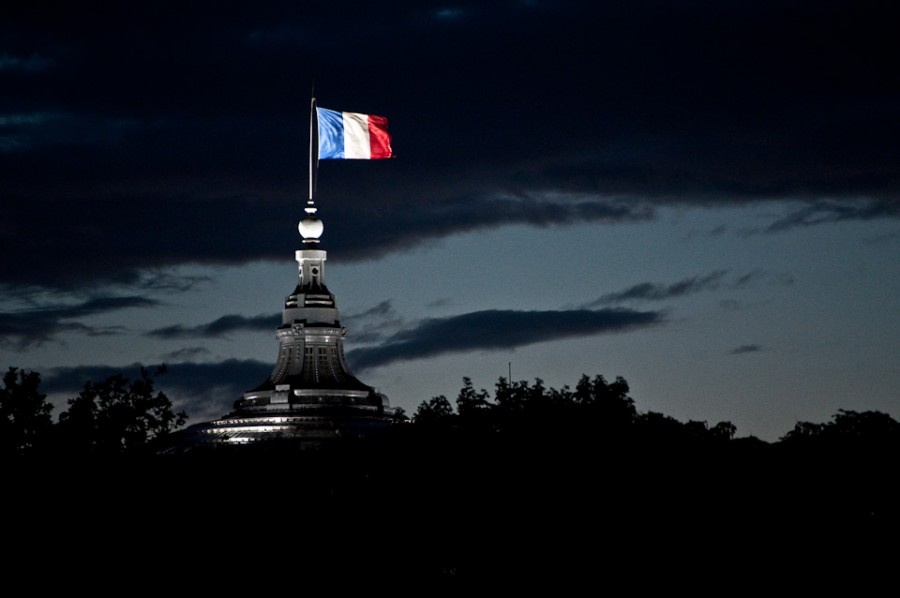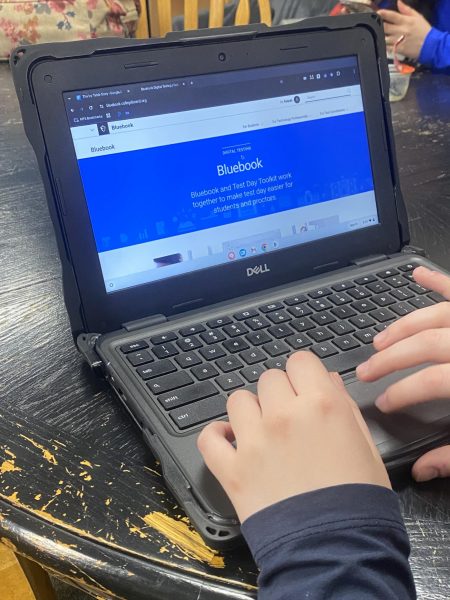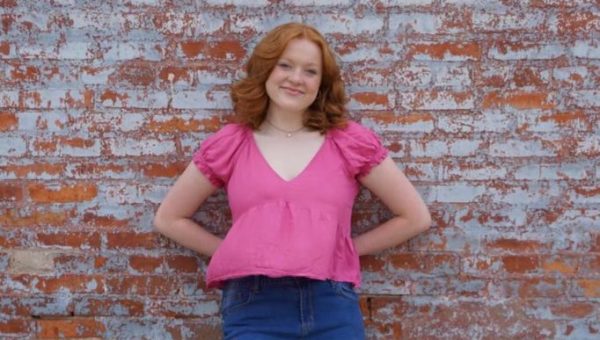HHS teachers and students grieve Paris terrorist attacks
The evening of Nov. 13, approximately 1500 people attended a concert at the Bataclan Theater in Paris, France. The American rock band, “Eagles of Death Metal”, preformed for about an hour, and then suddenly the night took a horrifying turn.
Four men entered the theater armed with AK-47 assault rifles and opened fired on the crowd for 20 minutes. As police responded to the attack and surrounded the theater, 20 people were taken hostage. Two of the attackers were killed after detonating their suicide vests, a third attacker’s vest blew up after it was hit by police fire, and the final attacker was shot dead by the police. Police reports state that 89 concert-goers lost their lives.
Among the crowd was a personal friend of Howell High School English teacher Ms. Gabriella DiNatale-Park. They first met in high school, and after college her friend married a man she met while studying abroad and moved to Paris. She lives there with her husband and three children, and still keeps in touch with Ms. DiNatale-Park over Facebook.
“Whenever something happens, I reach out to her. I worry about her,” Ms. DiNatale-Park says.
The shooting at the Bataclan was not an isolated attack. There were five additional attacks occurring at La Belle Equipe, Le Carillon bar, Le Petit Cambodge restaurant, La Casa Nostra restaurant, and Stade de France. In total, the attackers killed 130 people, and injured between 352 and 368. On Nov. 14, the extremist group ISIS claimed responsibility for the attacks.
“It could’ve happened anywhere, that’s why it’s scary,” Ms. DiNatale-Park says. “The venue is just like the Magic Stick in Detroit. It would’ve been just like any of us going to the show.”
Ms. Dinatale-Park first found out about the attacks when a news bulletin interrupted the television show she was watching. She immediately got a bad feeling in her stomach, but did not become truly concerned until she saw that her friend had used the Facebook Safety Check feature. Ms. DiNatale-Park knew her friend would not have posted at all unless she felt there was gravity to her situation.
“I sent her a message saying I know Paris is a big place, and that you and your family are probably safe, but that I’m thinking of you,” Ms. DiNatale-Park says.
Later she found out that her friend had actually been in attendance at the concert. Her friend messaged her back and let her know she was safe, but she has not been in contact with many people or spoke about her experience.
“I know she’s dealing with a lot. It is really overwhelming. I never thought I’d know someone in a situation like this. It doesn’t seem very far away knowing that I could’ve lost a friend. It is just devastating,” Ms. DiNatale-Park says.
Many people are at a loss as to why France was targeted by this group. HHS social studies teacher Ms. Kristine Shantry commented on the history between France and ISIS, specifically focusing on the Charlie Hebdo shooting that occurred in Jan. 2015.
“So this French magazine thought it was a good idea to put together cartoons of ISIS with Mohammed in degrading situations. In Islam you don’t depict Mohammed at all. It’s offensive,” Ms. Shantry says.
Charlie Hebdo is a satirical French weekly paper. They often publish articles mocking Christianity, Judaism, and Islam. This publication has a history of causing altercations over offensive material. However, they continue to express their political opinions, exercising their freedom of expression.
“That’s what the controversy is over. How far do you let those opinions go?” Ms. Shantry says.
Even after the attacks in Paris, the French government is still allowing Syrian refugees to enter the country and find solace within their borders. The French government sees this as a Humanitarian issue and does not believe the attacks should influence their policy.
Another individual at HHS who was personally affected by these attacks is senior Carlie Smiley. A foreign exchange student from France named Charlotte Reguillon lived with Smiley and her family during her sophomore year. Reguillon lives in Lyon, France, about three hours away from Paris. Smiley recounted her experience of discovering what had happened.
“My grandma called me and said, ‘You need to turn on the news right now. Make sure Charlotte and her family are okay,’” Smiley says. “I messaged her on Facebook. Thankfully they were fine, but she was very upset and didn’t talk very long.”
According to Smiley, the people in France feel quite unsafe, and many questions are still in their minds about why something like this would happen to innocent people.
“I feel like they need reassurance that the rest of the world is here for them. We all feel the pain they are going through,” Smiley says.







